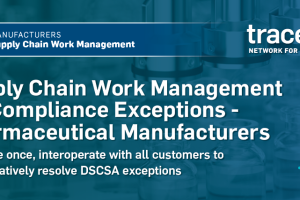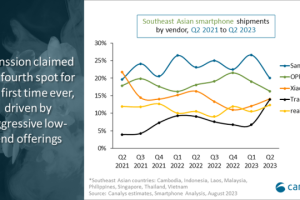
Still, the new draft guidance is a major overhaul that largely tracks with the risk-based approach the CDS Coalition asked for and is not just a tweaking of the original draft guidance. FDA says it does not plan to enforce compliance for software functions that are intended to inform clinical management of non-serious conditions. While software can still be regulated as a medical device in some cases, such as when information from a third device like an MRI or CT scan is used, if a software user understands the basis of the information and has time to consider it as part of an overall decision-making process, the software shouldn’t be regulated as a device under the new guide.



























